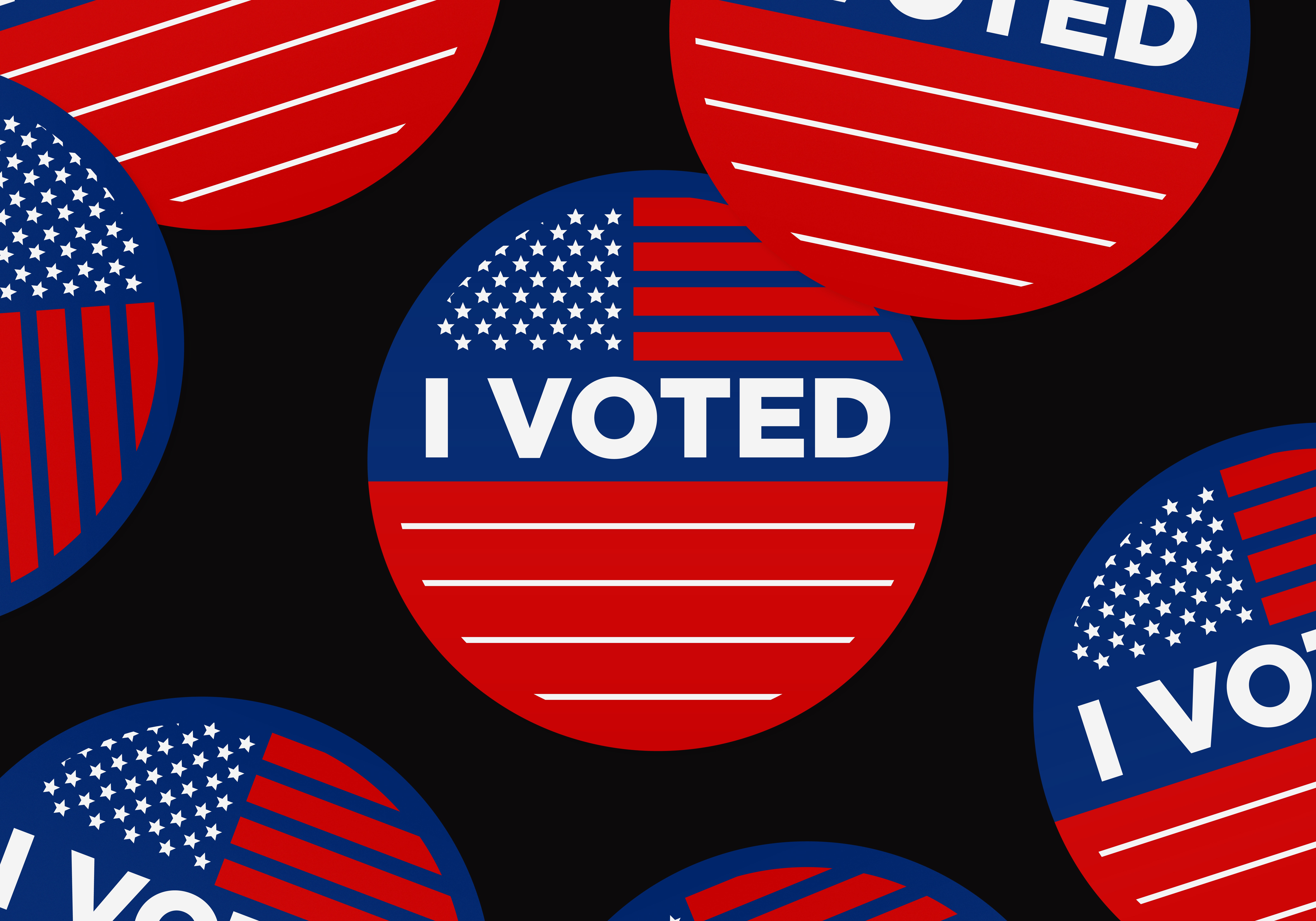Opinions expressed within are the property of their author and do not necessarily reflect the opinion of any other member or the Tiger Town Observer itself.
The economic repercussions across the globe during COVID-19 exposed the importance of financial literacy. Now, as American households face a recession (and yes, we are in a recession), financial literacy remains just as important.
Financial literacy is a knowledge and skill set that relates to various financial concepts such as budgeting, investing, managing debt and credit, savings, and allocating resources. Financial literacy includes pro-con analysis, problem-solving, and ultimately confidence in decision making. This has implications for an individual’s personal and work life.
Individuals who are financially literate make informed and smart financial decisions. Strong decision making is essential for building an emergency fund, paying off loan debt, buying a car or home, building assets, and planning for retirement.
About four in seven Americans are financially illiterate. Only 24% of Millennials show demonstrated understanding of basic financial concepts and 63% report feelings of anxiety surrounding their financial situation. However, those who demonstrate financial literacy are more likely to have a higher amount of savings (or savings at all) in preparation for an unexpected emergency or personal crisis. Furthermore, increased savings is one of the most effective ways to move from living paycheck-to-paycheck to long term financial stability. Financial experts suggest having a minimum of three months worth of living expenses saved, yet only 38% of individuals have this amount saved.
Americans deeply struggled with the widespread economic repercussions of COVID-19. Individuals faced temporary or permanent unemployment, counting on every dollar to continue paying bills and covering expenses. Since March 2020, nearly two-thirds of Americans have been living paycheck-to-paycheck.
When the pandemic began, there was a large expansion of COVID-19 relief and increased unemployment government assistance. The three waves of stimulus checks injected hundreds of billions of dollars into the economy. The federal government handouts helped many people stay above the poverty line, but also expedited the rate of inflation.
Several factors have contributed to the surge in prices American households now experience. The COVID-19 relief handouts coupled with supply chain issues from forced closures are just two contributors that play a significant role.
The economy has not recovered from COVID-19. American households now see a lower standard of living at a higher average cost of living. The prices of groceries and goods continue to climb. But rather than address this present problem, the Biden administration is spending their time redefining the word “recession” and avoiding economic reality entirely.
Households will need to make smart financial decisions during this time, and financial literacy can help them achieve just that. There are many free resources and tools that are accessible online.
Ultimately, the most effective way to aid the next generation is to add financial literacy into high school curriculum and graduation requirements. This could be passing an exam to demonstrate financial literacy proficiency or receiving a certain grade in a financial literacy course. South Carolina recently required that high school students will have to take and pass a personal finance class before graduation. South Carolina is one of fifteen states that currently have this requirement, with several more states crafting similar requirements. Financial literacy will prepare students for the next chapters of their lives, whether in the workforce, trade school, or college. Managing money is an essential and lifelong skill.
The COVID-19 pandemic exposed the importance of financial literacy and the number of households without sufficient savings. The current state of our economy will further stretch the budget of the average American household. American families cannot afford this recession, but strong financial literacy can provide some consolation.








